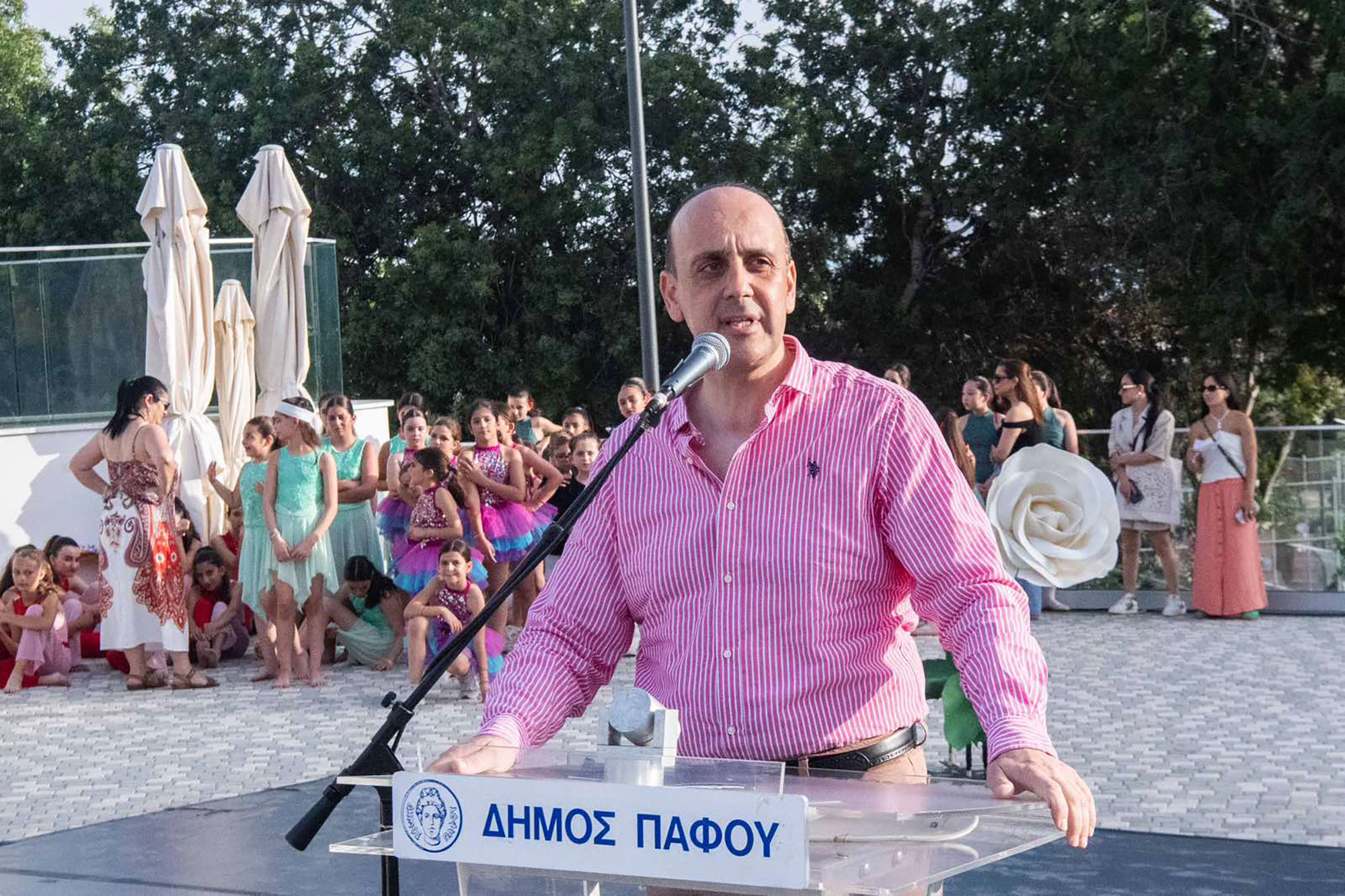The Cyprus securities and exchange commission (CySEC) on Tuesday said it is “taking practical steps to collect all the available data and information” before deciding whether it will investigate claims made by Paphos mayor Phedonas Phedonos regarding alleged links between foreign exchange companies in Cyprus and Latin American drug cartels.
The commission insisted that it “fully cooperates and exchanges information with domestic, European, and international bodies”, as well as the national competent authorities of other countries.
“The foreign exchange market is … the largest and most liquid market in the world, where financial groups hold multiple licences in different jurisdictions. Despite the fact that there is no single supervisory body for the entire foreign exchange market, CySEC … has a responsibility to supervise domestic investment firms providing investment services in the foreign exchange market in Cyprus,” it said.
On this matter, it said that “strict sanctions and enforcement measures apply for non-compliance” with the relevant laws, and that if information comes to light that these laws may have been broken, it will investigate Phedonos’ claims.
Phedonos had made the allegations of links between forex in Cyprus and Latin American drug cartels last week, describing Cyprus as “a market for high drug consumption” and saying the island is “now entering the international money laundering system of Latin American drug cartels”.
“Organised crime, with local and international connections, exploits vulnerabilities of corruption, the postal system, the buffer zone, and the ports to traffic drugs internationally, but the quantities sold on the local market are also huge, with a turnover of tens of millions,” he said.
“Many foreign exchange companies based in Cyprus, through a labyrinth network of companies they create in Latin America, participate in the laundering of dirty money originating from the drug cartels of Mexico and other Latin American countries.”
He posed two questions to Cyprus’ authorities, asking “why do some forex companies based in Cyprus create subsidiaries in Latin America with such a large clientele from these countries?” And how Cyprus’ supervisory authorities “allow these money routes without investigating the money’s origin”?
Police chief Themistos Arnaoutis had then called on him to substantiate the claims, leaving him incensed.
In an open letter, he said he had already informed Arnaoutis that he would visit the police headquarters and testify, and said he had “pointed out my concern about the frequent leaks which occur when a testimony is given, even before an investigation begins”.
He added that Arnaoutis had given him his mobile phone number so as to be directly contactable and rule out the possibility of leaks, but that “just 42 minutes after this communication, I realised that the police, with your full knowledge, made public the news” that he had been asked to testify.
“This action, in addition to violating your commitment to me, seriously jeopardises my personal safety, for which you have a responsibility, just as you have towards every person in this country, and I ask that this be taken into account,” he said.
He added, “the weaknesses and perhaps the lack of political will for a complete and permanent break with organised crime and drug trafficking and sales networks can no longer be tolerated by society. The consequences are catastrophic”.
He closed his letter by saying that he would call on Justice Minister Marios Hartsiotis and the government at large to “explain directly what political will they will show to deal with these phenomena”.
“The situation cannot deteriorate year after year and be considered normal. It is the job of the police and of the government to protect society and the rule of law.”






Click here to change your cookie preferences